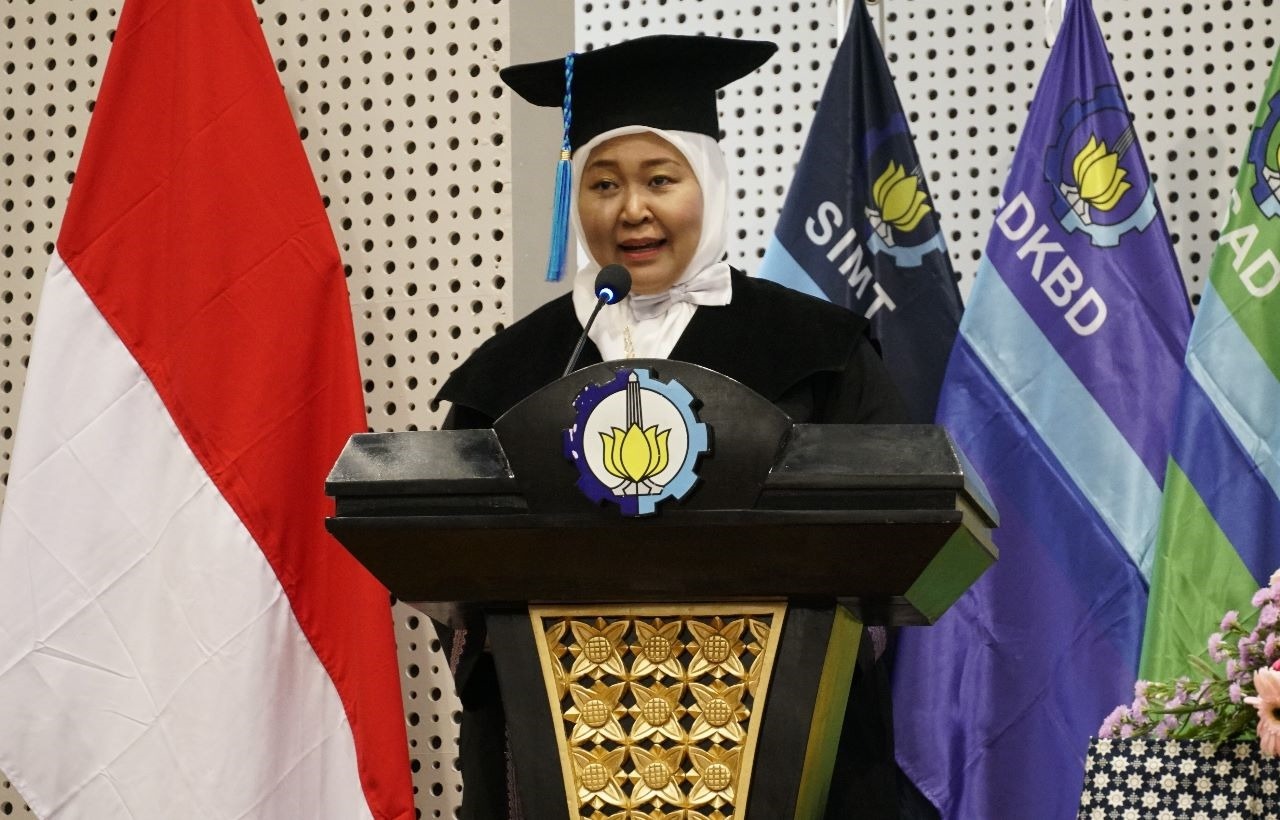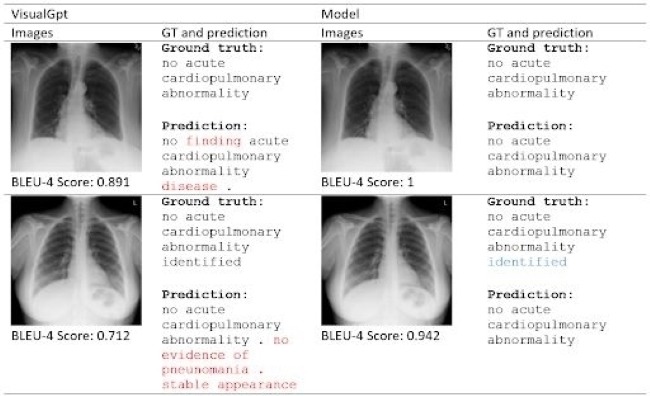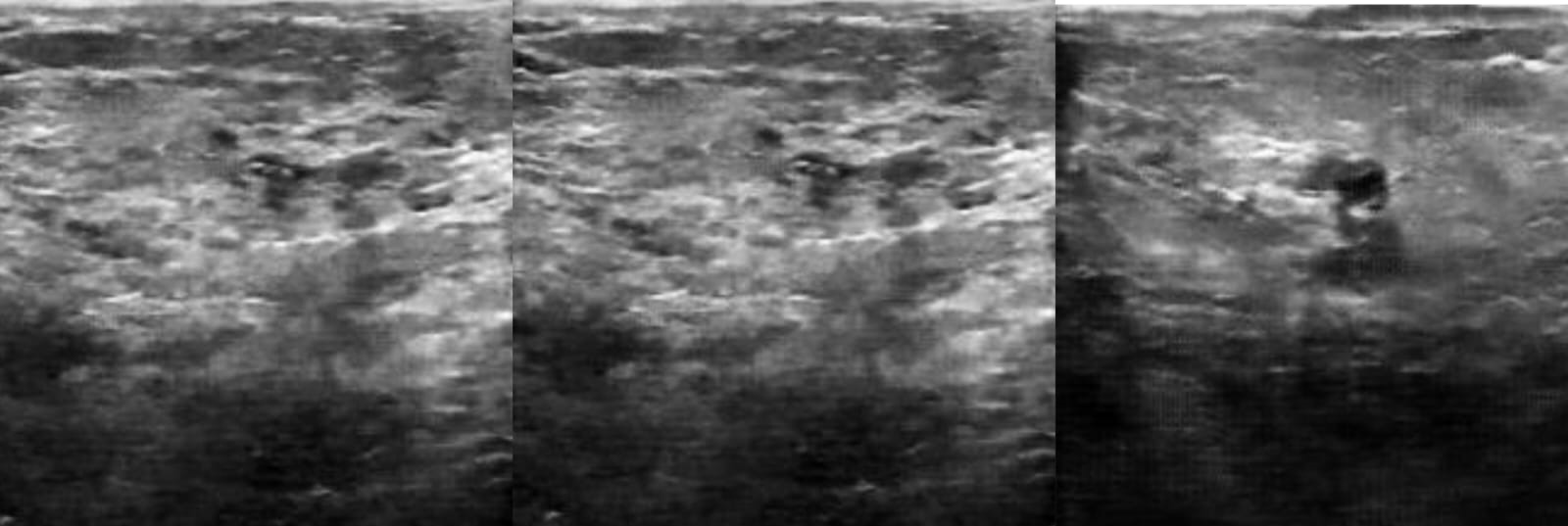ITS Professor Develops A Deep Learning Method in Health Sector

Prof. Dr. Eng. Chastine Fatichah SKom MKom from Informatics Engineering Department delivers her scientific oration as the 155th Professor of ITS.
ITS Campus, ITS News – Appointed as a Professor of Institut Teknologi Sepuluh Nopember (ITS), especially in the field of Artificial Intelligence (AI), Prof. Dr. Eng. Chastine Fatichah SKom MKom has developed the Generative Deep Learning technique which can be used for various fields. In this case, Chastine has successfully applied her expertise in health sector.
During her inaugural scientific oration entitled “Generative AI: Techniques, Roles, and Challenges”, the Head of ITS Informatics Engineering Department, also known as the 155th Professor of ITS, explained that the concept of Deep Learning as one of the artificial intelligence techniques exemplifies computers to process data in a way similar to human brain. “By applying this technique, we can generate synthetic data into various forms such as images, text, signals, and so on,” said this 48-year-old woman.
Chastine further explained that there are several Generative AI techniques, one of them is the Generative Adversarial Network (GAN) technique, which supports her research in the process of “inpainting” facial image. This technique aims to modify the pixels in missing or covered facial images, allowing the restoration of old damaged photos. “This is certainly essential for problem solving in health sector. Moreover, it could also be applicable in culture and security sectors,” said the lecturer from Pasuruan herself.

The result of “inpainting” facial image using the Generative Adversarial Network (GAN) technique developed by Prof. Dr. Eng. Chastine Fatichah SKom MKom from ITS.
Furthermore, this lecturer who has received the Satyalancana Karya Satya XX award from the President of the Republic of Indonesia has also developed a method for generating synthetic ultrasound images using the same approach. Adding variations in the training data for this method is beneficial for improving the performance of prediction models.
In this case, Chastine conducted a research on the classification model for the severity of breast cancer from medical images. To produce a more accurate prediction models, an increased number of training data in each category of breast ultrasound images is necessary to achieve balanced results.

A medical report of Chest X-Ray images using the Generative Pre-trained Transformer (GPT) technique.
Besides, this hijab-wearing woman also presented another beneficial aspect of her expertise in the form of medical image captioning. The research, which employs the Generative Pre-trained Transformer (GPT) technique, aims to generate medical report from Chest X-Ray images.
This technique involves data processing using an encoder-decoder process. In this process, the previously image-based data is processed to generate accurate textual descriptions. According to the results, doctors can write medical reports with a lower margin of error. “Furthermore, this technique can serve as an alternative in situations where there is a shortage of professional experts,” she added.

The development of a breast cancer severity detection model using synthetic ultrasound images with the GAN method.
In addition to the various roles and benefits that Generative AI techniques offer in life, Chastine highlights that there are several challenges in this field, such as security and ethical concerns. The generation of synthetic images or texts that closely resemble reality can make it difficult for humans to distinguish between genuine and fake data.
For this matter, Chastine emphasizes the importance of utilizing artificial intelligence technology only for positive purposes. In conclusion, this lecturer, who is also an assessor at the Independent Accreditation Agency for Informatics and Computer study programs (LAM Infokom), expressed her hope. “I hope that applying the knowledge of artificial intelligence that I possess, it can be beneficial and help improving the quality of the three pillars of higher education,” she concluded with optimism. (ITS Public Relations)
Reporter: Mifda Khoirotul Azma
Related News
-
Gains Up 300 Percent, ITS Targets Increase in Scholarship Recipients
ITS Campus, ITS News – In the period 2020 – 2023, the scholarship disbursement budget collected by Institut Teknologi
May 17, 2023 16:05 -
Gains Up 300 Percent, ITS Targets Increase in Scholarship Recipients
ITS Campus, ITS News – In the period 2020 – 2023, the scholarship disbursement budget collected by Institut Teknologi
May 17, 2023 16:05 -
ITS students attend an international oil and gas conference in Saudi Arabia
ITS Campus, ITS News – Students from the Department of Ship Systems Engineering at Institut Teknologi Sepuluh Nopember (ITS)
May 17, 2023 16:05 -
ITS students attend an international oil and gas conference in Saudi Arabia
ITS Campus, ITS News – Students from the Department of Marine Engineering at Institut Teknologi Sepuluh Nopember (ITS) became
May 17, 2023 16:05
